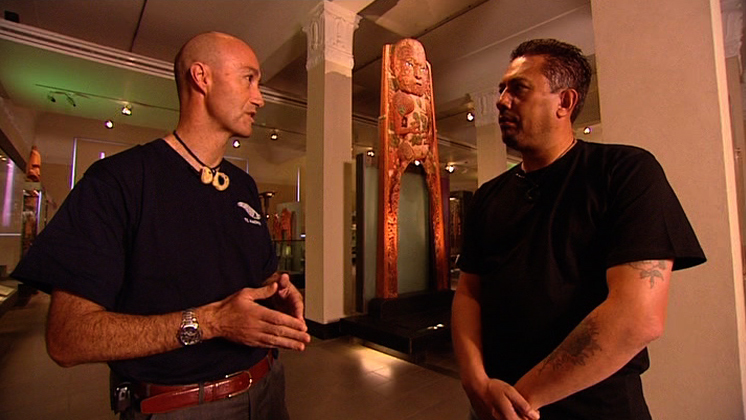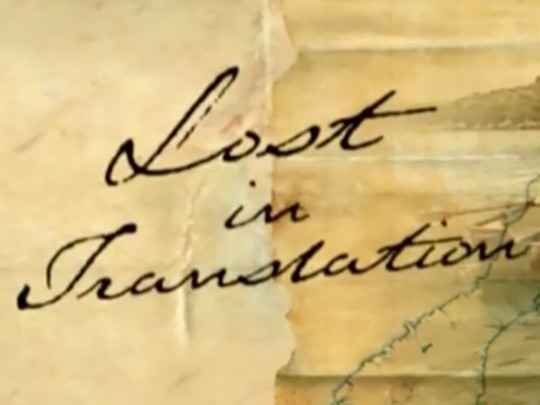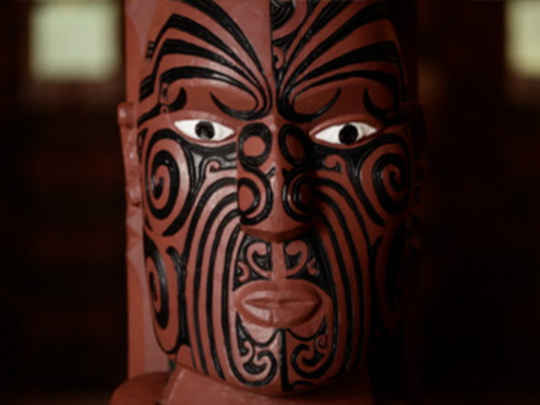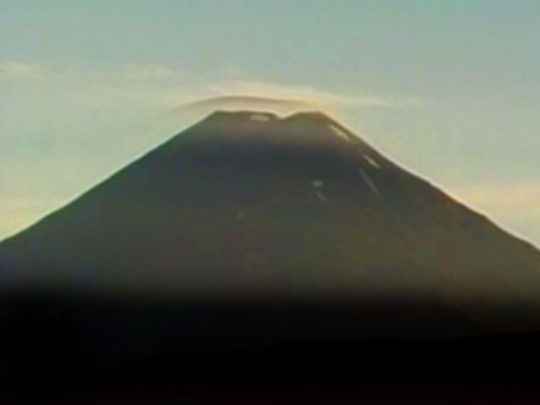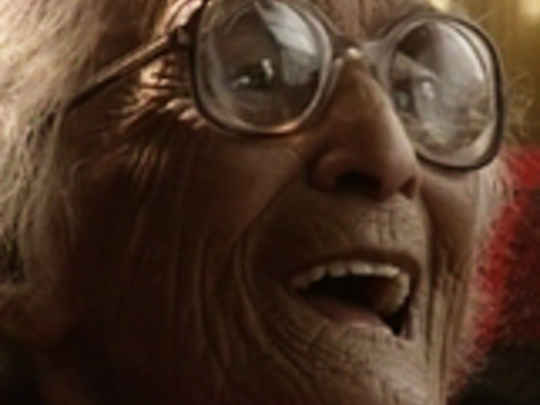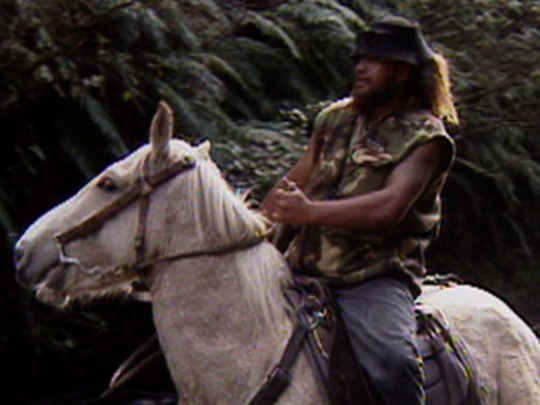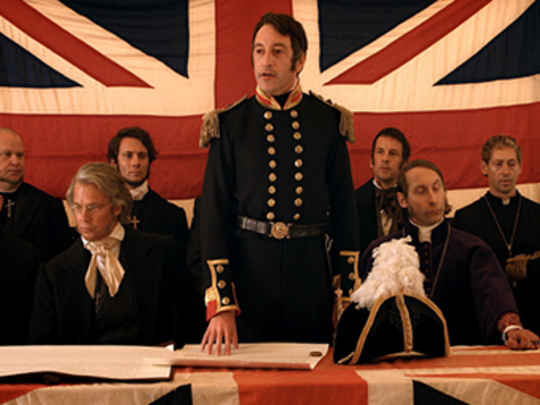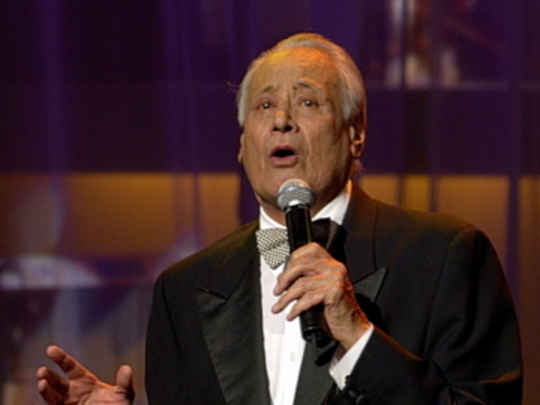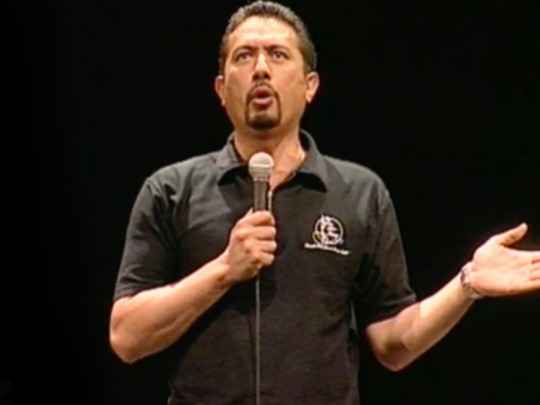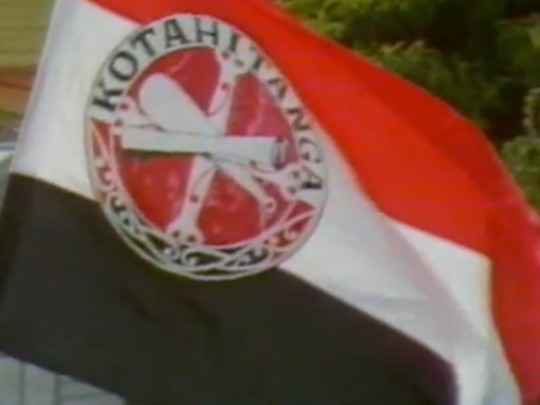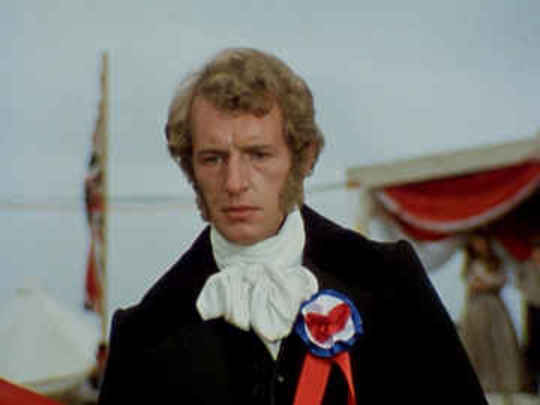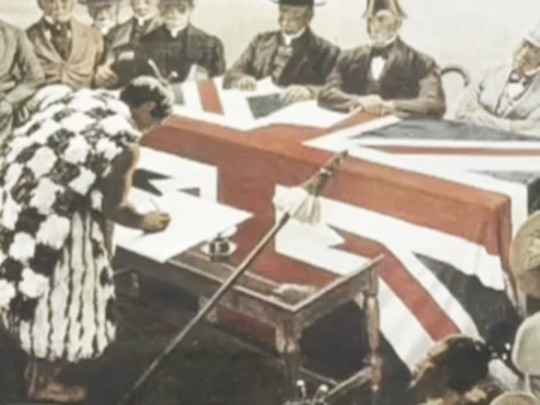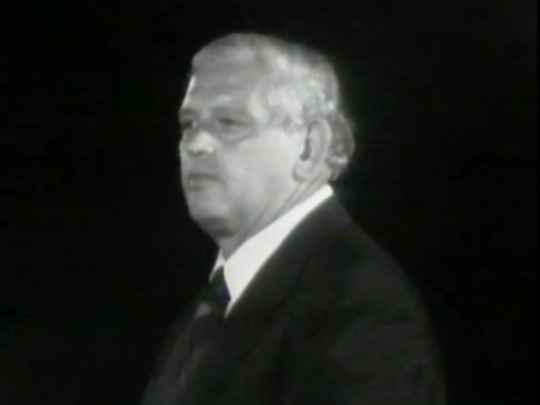Lost in Translation 5 - The Bay of Plenty Sheets (episode five)
Television (Full Length Episode) – 2009
[James] Fedarb was just told, don’t go up there mate — it’s dangerous, you might not come back.
– Tūhoe spokesman Tamati Kruger
The Treaty of Waitangi was signed here on the 16th of June, 1840. Not all of Ngāti Awa was here that day... since 1990 we have been gathering here early in the morning on the 16th of June every year, to remember what happened here.
– Professor Hirini Moko Mead (Ngāti Awa) marks the signing at Pohaturoa Rock in Whakatāne
The Treaty of Waitangi: nine sheets, 540 signatures, one founding document that continues to define our nation.
– Presenter Mike King, at the opening of the show
This week I'm on the trail of the two treaty sheets that travelled around the Bay of Plenty in 1840. One was taken east by a travelling trader, while the other went south with a couple of missionaries. I'll retrace the journey of both these sheets, and along the way, I'll unearth the real reason why the signatures of two major Bay of Plenty tribes are missing from our nation's founding document.
– Mike King on the Bay of Plenty-treaty sheets, at the start of this episode
...when you look at this treaty sheet, you'll notice that there's one major tribe missing. Where are all the Tūhoe signatories? Was our friend [James] Fedarb simply too scared to venture into Tūhoe territory?
– Presenter Mike King
Our point is that the government has no legitimacy within the rohe [territory] of Tūhoe. We did not sign up to the treaty. We have never ever consented to anyone governing us.
– Tūhoe spokesman Tamati Kruger
Well he didn't go out of his way, really, to collect the signatures, and to make sure that the people knew what he was on about. He visited just the local chiefs around here, and that was it.
– Interviewed in Whakatāne, Professor Hirini Moko Mead [Ngāti Awa] describes James Fedarb
